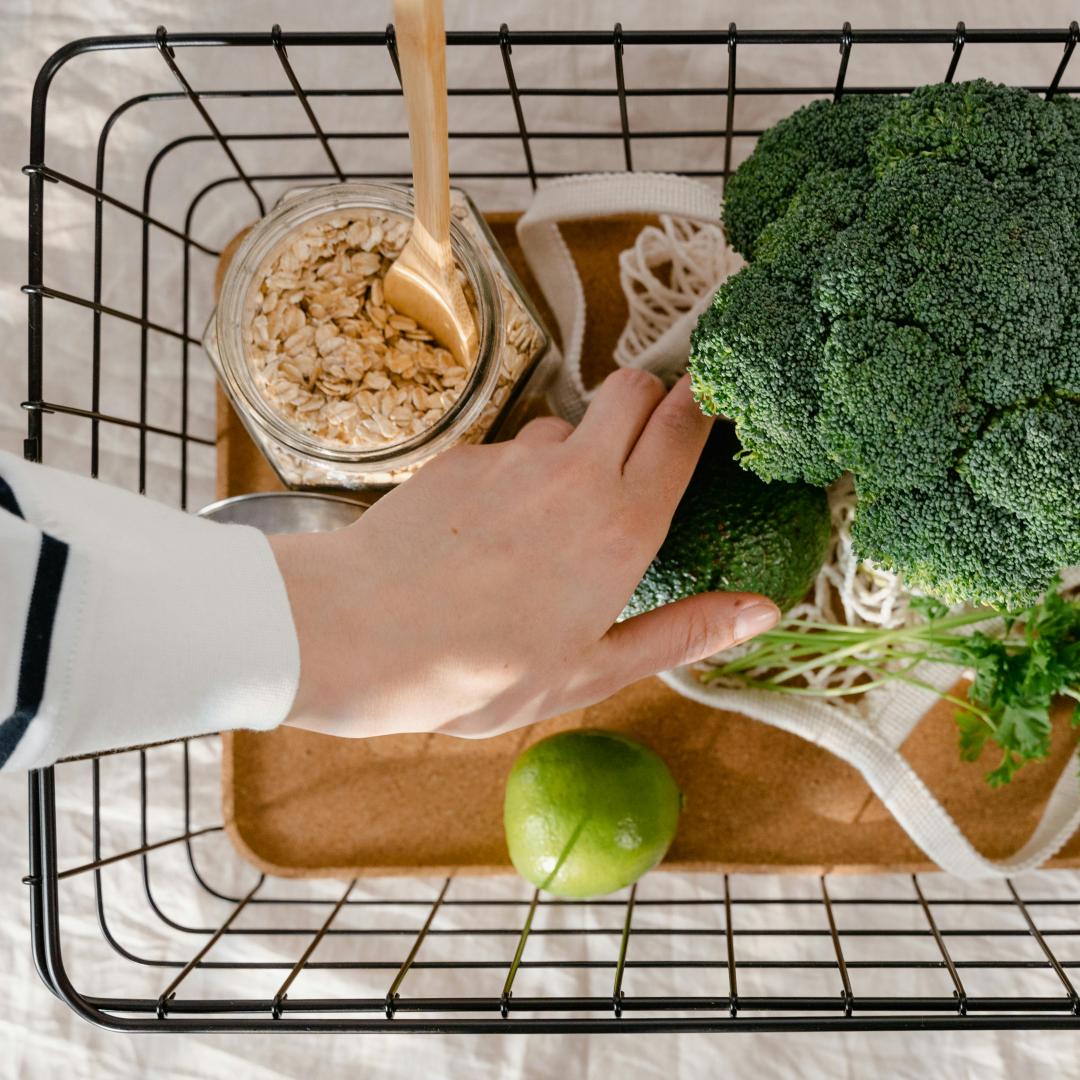How to Eat Healthy on a Budget: Smart Shopping and Meal Prep Tips
Maintaining a healthy diet often seems like an expensive and time-consuming endeavor. However, with the right strategies, it's possible to nourish your body without draining your wallet. This guide explores practical tips for eating healthy on a budget through smart shopping and meal prep.
Smart Shopping Tips
-
Plan Your Meals and Make a List:
Begin by planning your meals for the week. Identify recipes that utilize ingredients you already have and make a shopping list based on what's needed. This reduces impulse buys and ensures you purchase only essentials. -
Buy in Bulk:
Whole grains, legumes, nuts, and seeds often come at lower prices when bought in bulk. These staples have long shelf lives, making them cost-effective additions to your pantry. -
Embrace Seasonal and Local Produce:
Fruits and vegetables are cheaper and fresher when they're in season. Visit local farmers' markets to score deals on ultra-fresh produce, which can sometimes be cheaper than grocery store varieties. -
Opt for Store Brands:
Store or generic brands often provide the same quality as name brands but at a lower cost. Compare labels and ingredients to ensure you're getting comparable nutritional value. -
Use Coupons and Loyalty Programs:
Take advantage of coupons, cashback apps, and store loyalty programs to save money. Many grocery stores offer digital coupon platforms where you can clip savings directly to your store card. -
Avoid Processed Foods:
While they might seem convenient, processed foods are often more expensive and less nutritious than whole foods. Focus on ingredients like fresh or frozen vegetables, whole grains, and lean proteins. -
Utilize a Price Book:
Keep a notebook or digital spreadsheet of prices for items you frequently buy. This allows you to track sales and stock up when items are at their lowest prices.
Meal Prep Tips
-
Cook in Bulk:
Prepare large batches of meals that can be eaten throughout the week. This saves time and helps ensure you always have a healthy meal ready, reducing the temptation to eat out. -
Repurpose Leftovers:
Transform leftovers into entirely new meals. For example, roast chicken can become chicken salad or a filling for tacos, and roasted vegetables can top a pasta dish. -
Use Freezer-Friendly Recipes:
Cook meals that freeze well for quick, nutritious lunches or dinners later in the month. Soups, stews, casseroles, and certain grains can all be stored efficiently in the freezer. -
Prepare Ingredients Ahead of Time:
Cut vegetables and portion snacks at the beginning of the week. Having ingredients ready helps shorten meal preparation time, making it easier to stick to your plan. -
Invest in Quality Storage Containers:
Good storage containers extend the life of your meals and make them more portable for on-the-go eating. Consider using clear containers so you can easily identify what's inside. -
Create a Weekly Menu Board:
Write down your meals for the week on a whiteboard or planner. This visual reminder helps you stick to your eating plan and reduces last-minute grocery runs.
Conclusion
Eating healthy on a budget requires a bit of planning and creativity, but it's entirely achievable. By shopping smart and prepping meals ahead, you can enjoy nutritious meals without overspending. Embrace these strategies, and you'll find maintaining a healthy diet can be both affordable and enjoyable.






















